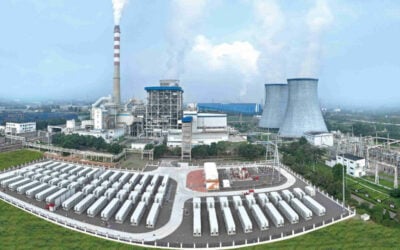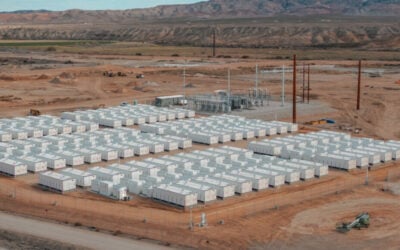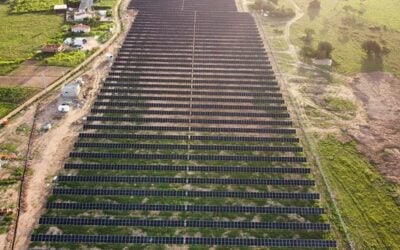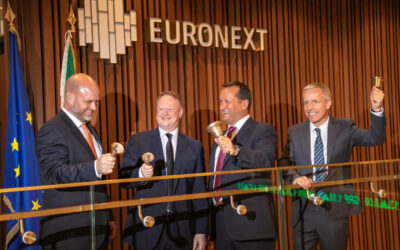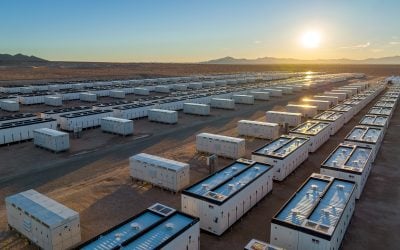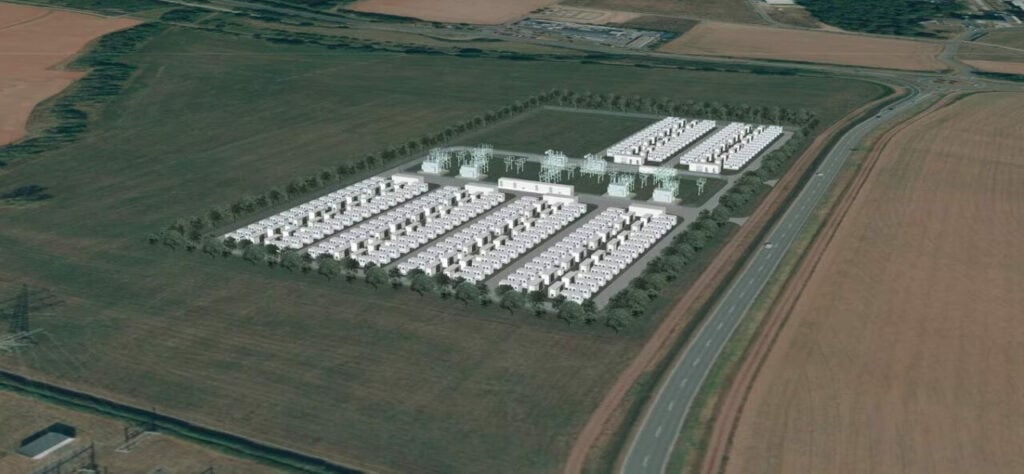
German-Norwegian firm Eco Stor has revealed another 300MW/600MWh battery energy storage system (BESS) project in Germany, with construction planned for the end of 2024.
The BESS project is being developed in the town of Wittlich in Rhineland-Palatinate, adjacent to the Wengerohr substation within the network of transmission system operator (TSO) Amprion.
Enjoy 12 months of exclusive analysis
- Regular insight and analysis of the industry’s biggest developments
- In-depth interviews with the industry’s leading figures
- Annual digital subscription to the PV Tech Power journal
- Discounts on Solar Media’s portfolio of events, in-person and virtual
Or continue reading this article for free
The project is called ‘ECO POWER FOUR’, part of Eco Stor’s ‘ECO POWER’ series of large-scale BESS projects for which it is handling all parts of the project lifecycle and value chain with the exception of route-to-market, managing director Georg Gallmetzer told Energy-Storage.news.
This includes project development, BESS technology development, engineering, procurement and construction (EPC), the energy management system (EMS), financing (with partners), asset management and operation and maintenance (O&M). The project will require some €250 million (US$263 million) of investment.
It revealed ECO POWER THREE in July, an identically-sized system aimed for completion in 2025 at a site in Saxony-Anhalt, as reported by Energy-Storage.news at the time.
As with ECO POWER THREE, ECO POWER FOUR will comprise six of the company’ ECO STOR ES-50C block configurations each of which has an energy storage capacity of 50MW/100MWh. Each block also comprises a 110kV substation, 16 containers for the inverters and transformers, and 32 containers of lithium-ion batteries.
ECO POWER ONE is a 200MWh system in Bollingstedt which is also under development, and the company will reveal others step by step, Gallmetzer added.
Wittlich mayor Joachim Rodenkirch, commenting on the new project, said: “Climate change concerns us all. The city council has already adopted a comprehensive climate protection concept to prepare Wittlich for the future. The battery storage plant is an essential component in the overall concept of renewable energies.”
Eco Stor has has previously deployed BESS projects in Germany for developer Kyon Energy and investor Obton, as well as Austrian utility Verbund.
As Energy-Storage.news wrote in a feature article for Vol.32 of Solar Media’s quarterly journal PV Tech Power last year, for which Gallmetzer was interviewed, the German grid-scale energy storage market is entering a period of rapid growth.
This is being driven by increased opportunities in the wholesale energy market, as evidenced by 2-hour systems growing their advantage over 1-hour ones, as well as grants for co-located projects through the Innovation Tenders. The latest round awarded contracts, which provide an additional premium per kWh energy discharged, to over 400MW of solar-plus-storage projects.

